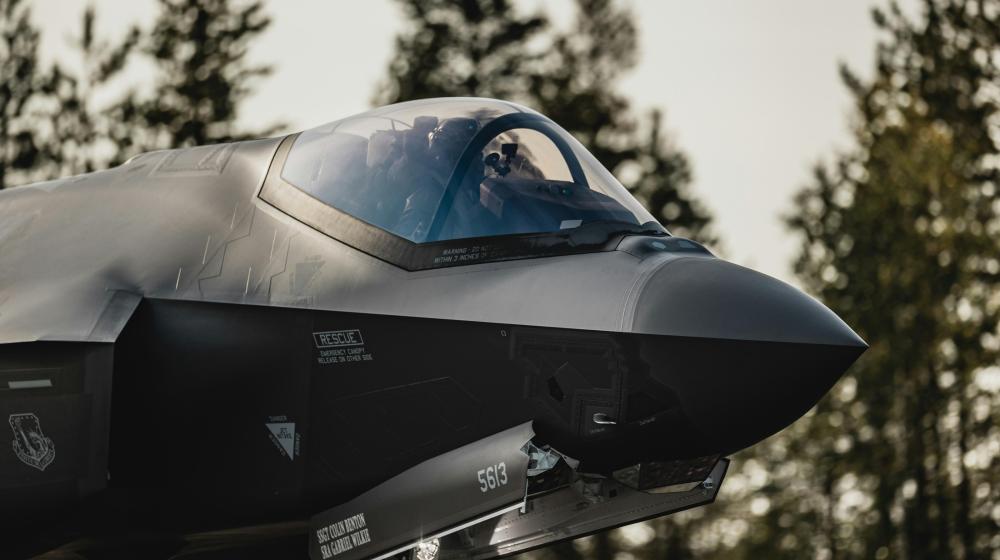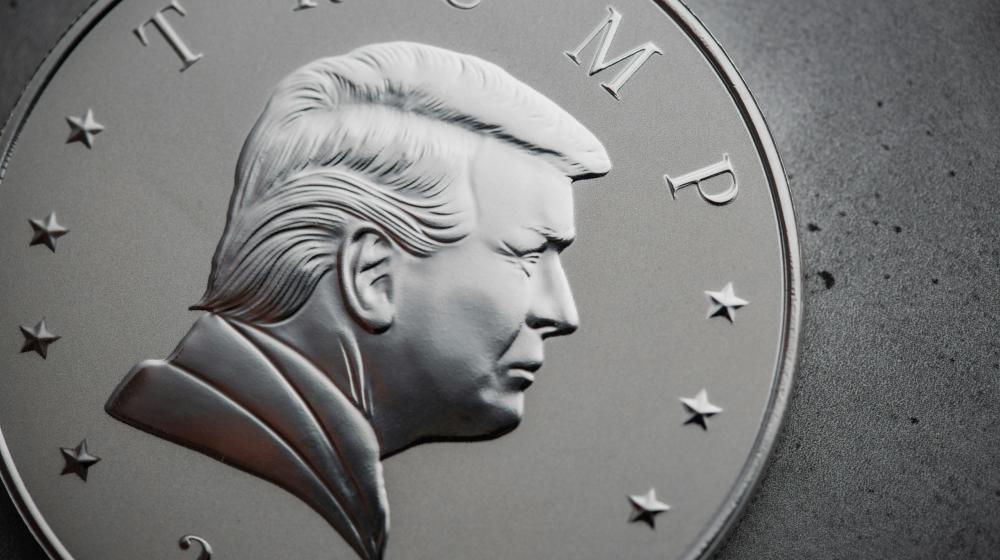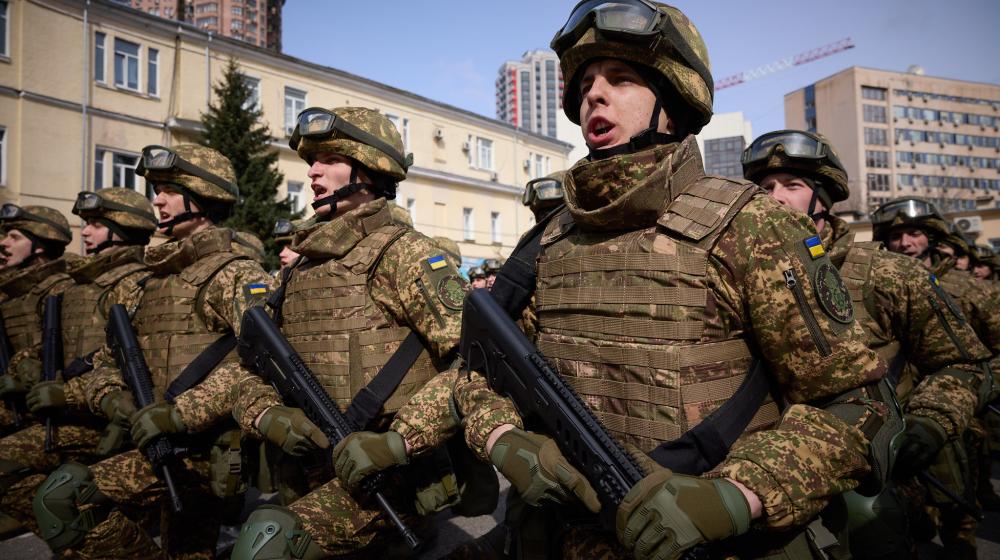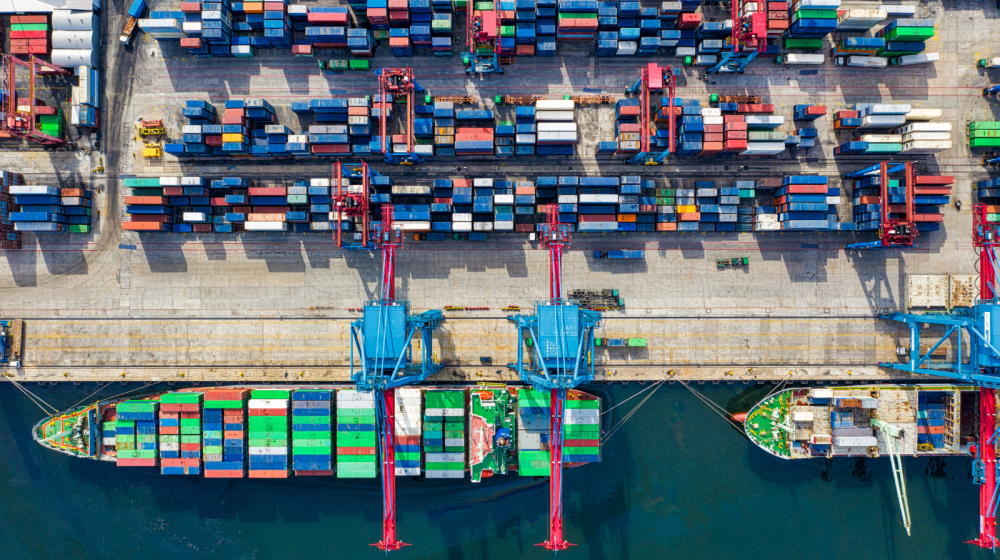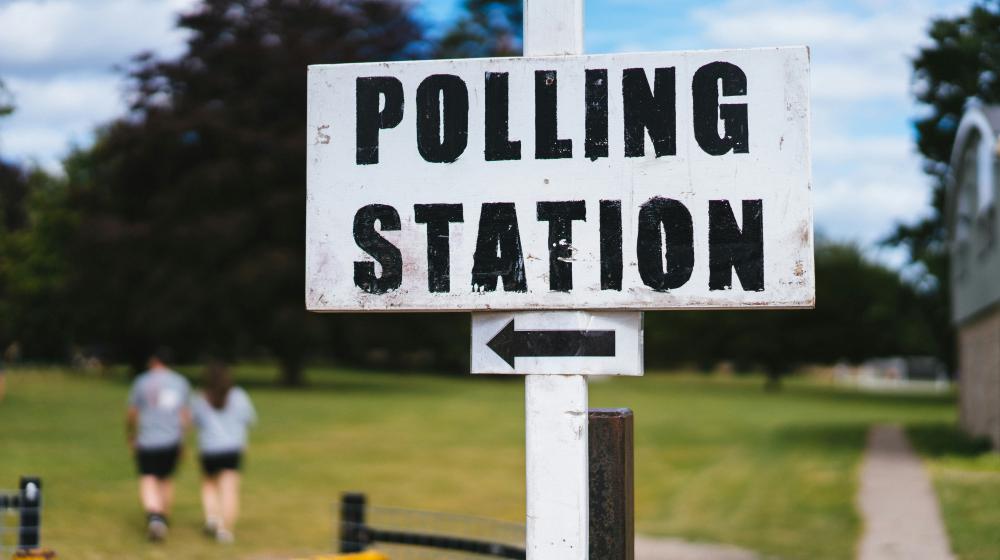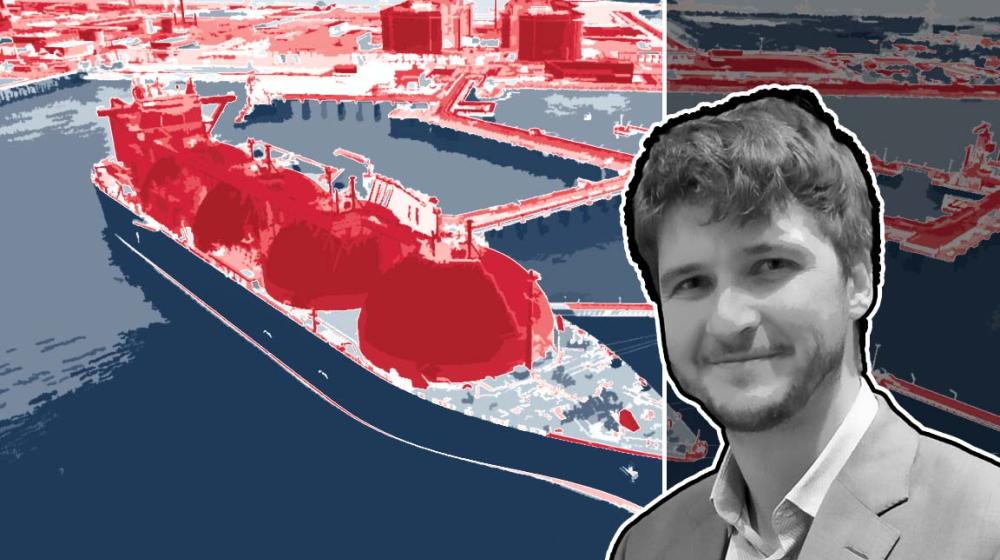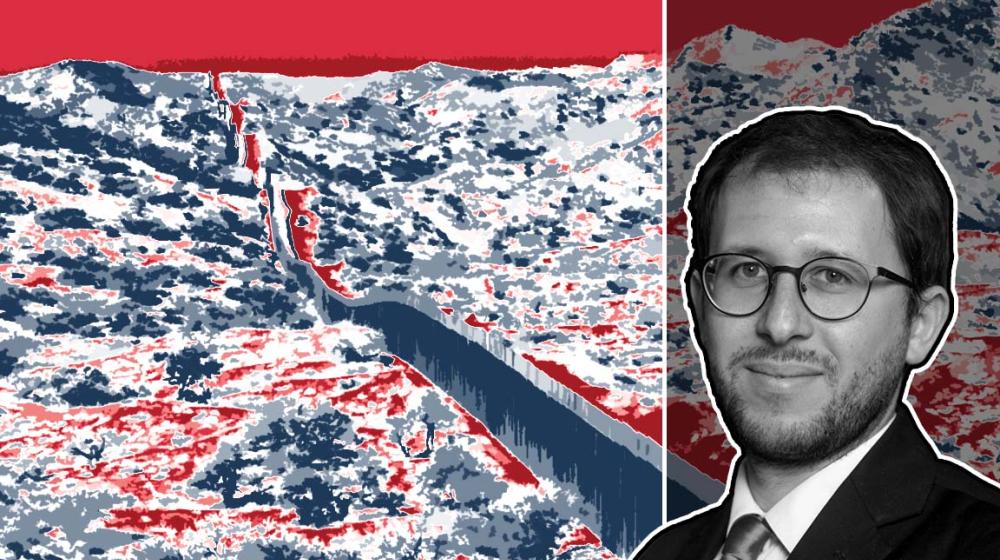The transatlantic relationship has been the cornerstone of the EU’s foreign and security policy. However, in a context where some in the US are looking inwards and questioning the values and institutions their country has built internationally, expectations on Europe have increased. The rise of new global power centres has added a new dimension to transatlantic debates, and both sides of the Atlantic must redefine the relationship to preserve security and prosperity, as well as maintain influence in an emerging international system where the 'West’– may no longer be dominant.
The EU has also cultivated and institutionalised relations with Canada and many countries of Latin America and the Caribbean (LAC). Recent changes in the international context have made the EU a more attractive partner to LAC countries, which are facing economic slowdowns, rising criminality and problems related to the rule of law. However, the increasing contestation of democratic values (which used to bind LAC countries together) has put regional institutions under pressure and strained relations with the EU.
As the EU develops the White Paper on the future of European defence, it will need to address the new reality of transatlantic relations. The 'ReArm Europe' plan makes several proposals to ramp up European defence spending. However, this funding must translate into tangible...
On 21 February 2025 President Trump issued a memorandum providing for the imposition of tariffs on countries hindering ‘American companies’ global competitiveness’. This aggressive move highlights the growing challenges of cooperation between Europe and the US in the digital...
The latest actions of the Trump 2.0 administration have heightened fears about a dwindling US commitment to Europe. But US abandonment could manifest in different ways – as a bargaining chip or as a policy goal. To prepare for all possible scenarios, the EU and its Member States...
It is wise for the EU not to bend too much to Trump's whims, argues Steven Everts. Europe needs to develop its own power.
What are the biggest risks to the EU in 2025? We asked close to 400 experts to rank the likelihood and expected impact of 30 predefined risks affecting EU interests. Experts highlighted the following top risks: a bad ceasefire deal in Ukraine, US abandonment, hybrid attacks, and...
If the EU does not engage proactively with Washington, the new Trump 2.0 administration may proceed without taking the bloc’s interests into account. Intent on countering Chinese technological and industrial dominance, Trump 2.0 may push Europeans towards a degree of decoupling...
The US’s three main adversaries– Russia, China and Iran – actively sought to influence the outcome of the 2024 presidential election. This Brief examines the various tactics that they employed, arguing that the EU can learn from innovative strategies put in place by the US...
Tariffs under Trump 2.0 are likely to target Europe’s exports to the US. While importing more American gas may enhance Europe’s leverage in tariff negotiations and help to offset Russian supplies , this comes at a sharp cost to European competitiveness. The EU should focus on...
The EU is concerned that it could soon become overly reliant on legacy chips from China. This challenge poses a threat to the EU’s economic security, as China could exploit this dependency to exert influence. The infographics displayed here map Chinese legacy chip capacity as...
In the last decade, underinvestment and a lack of attention from the EU and the US has enabled states like China and Russia to expand their foothold in Latin America. Further neglect of the region could deprive the EU of key strategic partners. In the wake of Donald Trump’s re...
